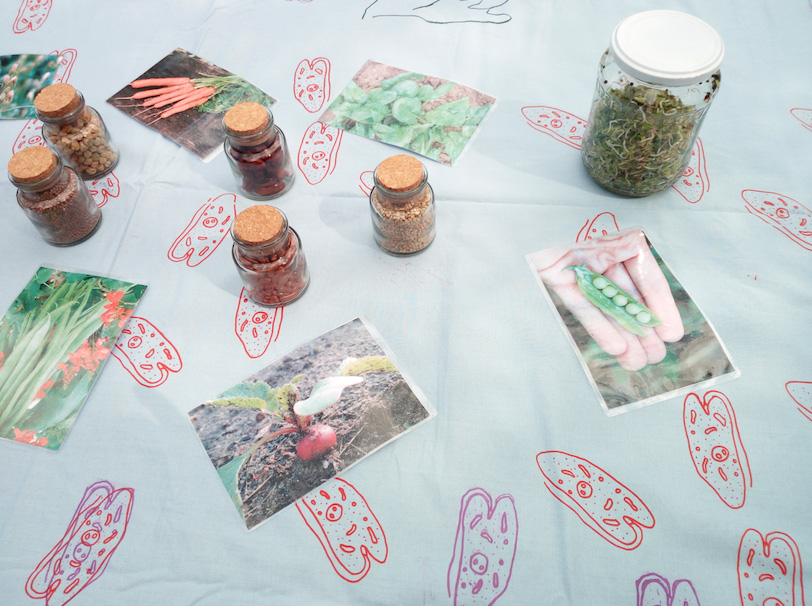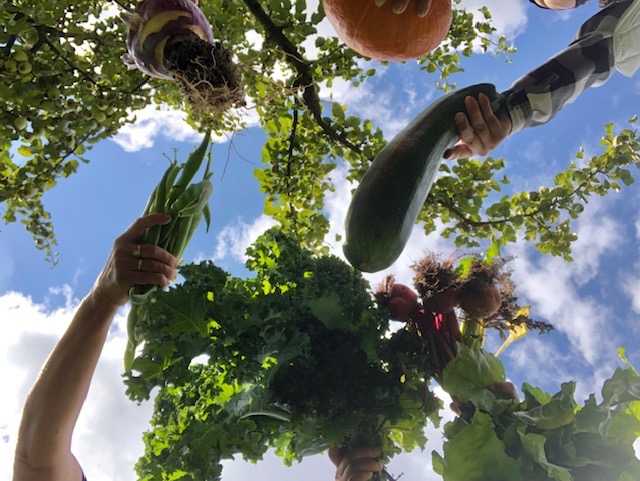Atelier Of Liveliness
Holistic artistic – environmental educational workshops
*
Environmental education can be multi-faceted: from becoming aware of connections beyond human ones, to deepening the experience of being alive and that of transformation; simply lying down in a meadow and looking up at the sky.
1/12
Workshops at Gartenarbeitsschule Tempelhof-Schöneberg / Berlin and the Ècole des Beaux-Arts de Sète
I create workshops for children, people with and without refugee experience, and young participants from sheltered housing that look at environmental issues. I see my role as that of a facilitator and learning companion who creates the framework for a joint process of exchange and discovery.
With my background as a visual artist, my approach is interdisciplinary, and I ensure that participants come into contact with the place in which the course takes place. This physical contact with place offers a great potential to not only facilitate a desire to learn and understand the issues, but to experience them. When I work with children, an element of active play is always part of the workshop. For me, learning is connected with movement and curiosity. Sometimes this curiosity, which is inherent in everyone, can only be sparked through actively doing something oneself. These moments often precipitate a sparkle in participants eyes and a sense of well-being.
I also see my activities as spaces that offer the possibility for new encounters. The relationships between educators/social workers and their school children/clients can be strengthened by getting to know each other outside the confines of the usual spaces and everyday dynamics.

The core of my courses is ‘From garden to table’ and ‘Getting your hands dirty: cooking’, in which we harvest home-grown vegetables, cook, and then eat them together. In addition to food preparation, we use play to cover topics such as food supply chains, seasonal and local food, and seed production and distribution.

Other activities include experimental printing techniques, colouring and drawing with natural dyes, tactile and sensory workshops (e.g. exploring the area together), building a ‘greenhouse in a glove’, and cyanotype (a photographic technique using direct sunlight), collecting medicinal and wild herbs, preparation of ointments.











